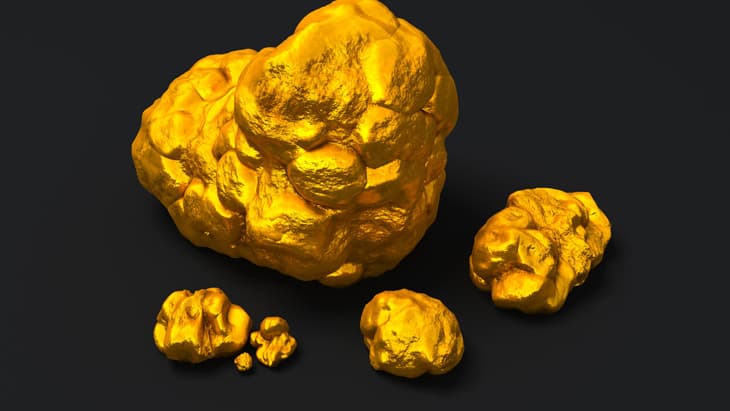The development of jewelry in Iran and its export will bring income to the country. Since the exploitation of Iran's oil industry, which has been recognized as the country's main source of income, not only gold and jewelry but also many other similar fields could have contributed to the growth of Iran's economy was forgotten.
Do you want to get in contact with gold suppliers in Iran?
Get in contact with Gold suppliers in Iran now
Many governments in the world have been able to use this industry to generate huge revenues for their country and in addition to generating income, increase the level of employment in this industry, while the jewelry industry is one of It is the least expensive industry in the country. Italy is the world's largest exporter of gold and jewelry with 500 tons, and India is the world's second-largest exporter of gold. In contrast, some Gulf Arab countries import more than 500 tons of gold and jewelry annually. We must know the natural resources of the country well and while exploring gold from the mines, train a skilled workforce and import facilities, tools, and processing technology for precious stones and goldsmithing to the country so that we can benefit from the huge God-given resources of the country.
According to experts, more than 300 tons of gold is circulating in the country annually, which if modern equipment and equipment are provided, it will be possible to increase gold exports from Iran. The price of gold in the domestic market is closely related to the world price and the London Stock Exchange is used for valuation. Gold artifacts have always been considered a luxury item and, according to the World Gold Council (WGC), ornamental uses make up more than 80 percent of the world's gold demand. By formulating the right laws, high added value can be created in gold production.
At present, there are about 70,000 jewelry-industrial units in the country. Iran has a competitive advantage in the field of skilled manpower and expertise in the jewelry industry, but due to the obsolescence of equipment, we are gradually being eliminated from the global gold production cycle. Unfortunately, at present, our country has become a consumer of gold and most of the gold imported to Iran is from the UAE and Turkey. To achieve a greater share of world trade, we need to create new capacities and make structural reforms in the national economic plan in line with export development goals and provide comprehensive infrastructure, technical and support services to the export sector in line with the international approach and experiences of successful countries. For example, Daewoo in South Korea, after years of producing a variety of goods - from cars to various equipment - now has jewelry workshops in its production halls, attracting goldsmiths from different countries. Has started making instruments.
Rules and regulations regarding the import and export of gold in Iran
At the end of the war and in line with the policy of promoting, encouraging, and developing non-oil exports of the government and according to Articles 2 and 13 of the Monetary and Banking Law of the country, approved in July 1979 and the powers of Chapter 71 of the Export and Import Regulations Law, the Monetary and Credit Council 1370/4 approved the new regulations on import and export and trading of gold, platinum, and silver. According to Article 4 of the said regulation, the import of gold, platinum, and crude silver into the country by natural or legal persons for consumption and commercial transactions in full compliance with other laws and regulations in the form of standard ingots is allowed at any rate. Therefore, individuals and owners of gold production workshops and traders are able to refer to the definitive import of standard gold, silver, and platinum ingots in order to meet their needs, based on this regulation, without any restrictions. It is obvious that the import of these metals, like other goods, is subject to the observance of other laws and regulations, such as the payment of customs duties and taxes, which have been approved by the Islamic Consultative Assembly and other relevant legal authorities. Customs duties and taxes received by the Customs of the Islamic Republic of Iran from importers of goods in accordance with the law and transferred to the state treasury account are considered as government revenues and the bank has no interest in this regard. In principle, the funds that traders and importers pay to the government in the form of customs duties and taxes are included in their cost price and are transferred to the consumer at the time of sale. Therefore, the payment of interest and customs duties, which is common in all countries of the world and is collected from almost all imported goods of the country - both necessary and unnecessary - is provided and paid from the pockets of buyers and consumers, and a cost is considered by the importer. Does not. However, setting tariffs on imported goods, including the government's trade policies, is within the remit of the Ministry of Commerce and Customs of the Islamic Republic of Iran and the Ministry of Economic Affairs and Finance, but the Central Bank of the Islamic Republic of Iran is also concerned. He is not indifferent to the smuggling of gold and, as far as possible, provides executive solutions to the relevant authorities. Obviously, the import of gold (artifacts) into the country for commercial purposes is prohibited and to a very limited extent is allowed with the passenger.


